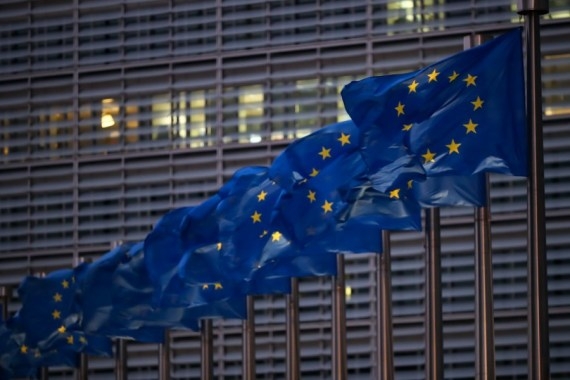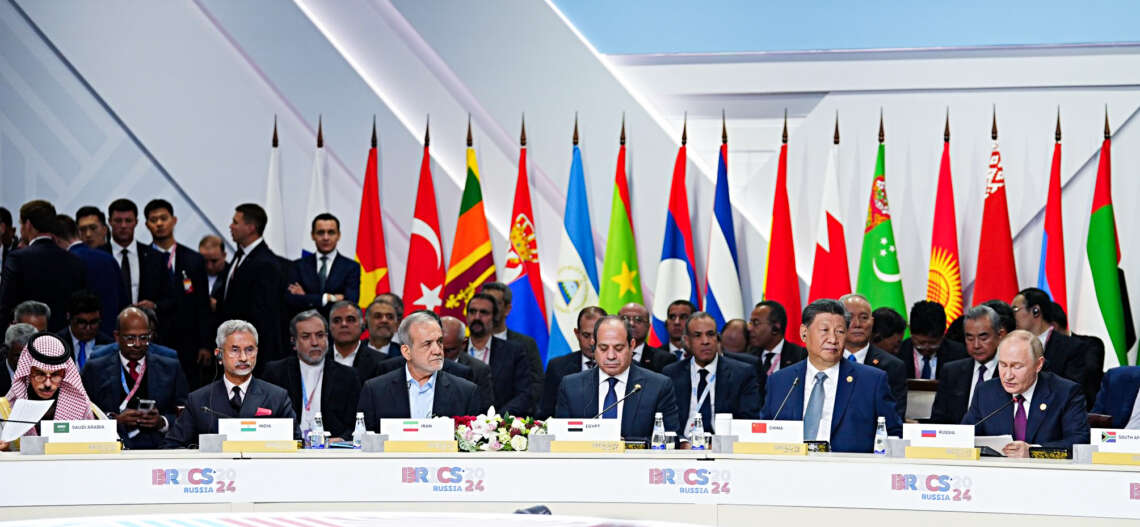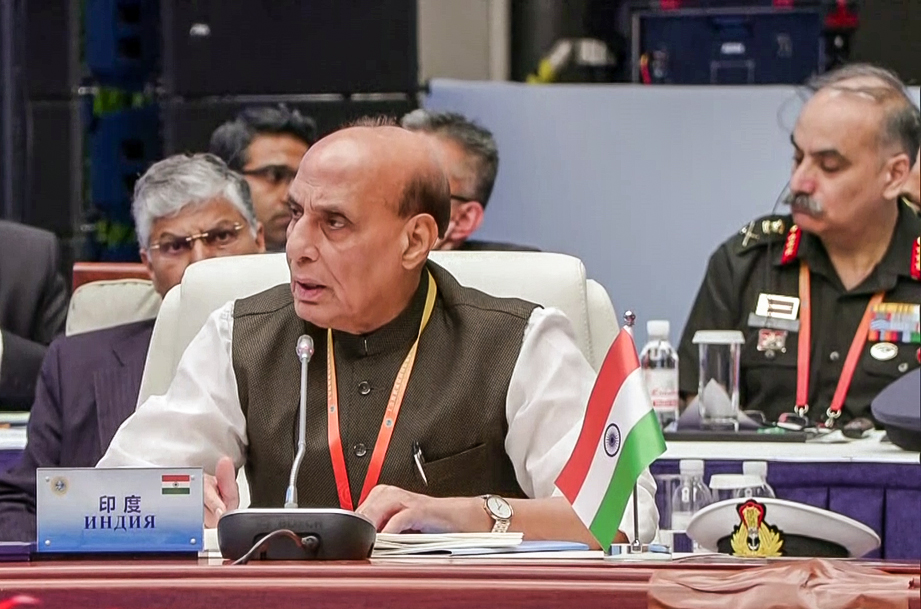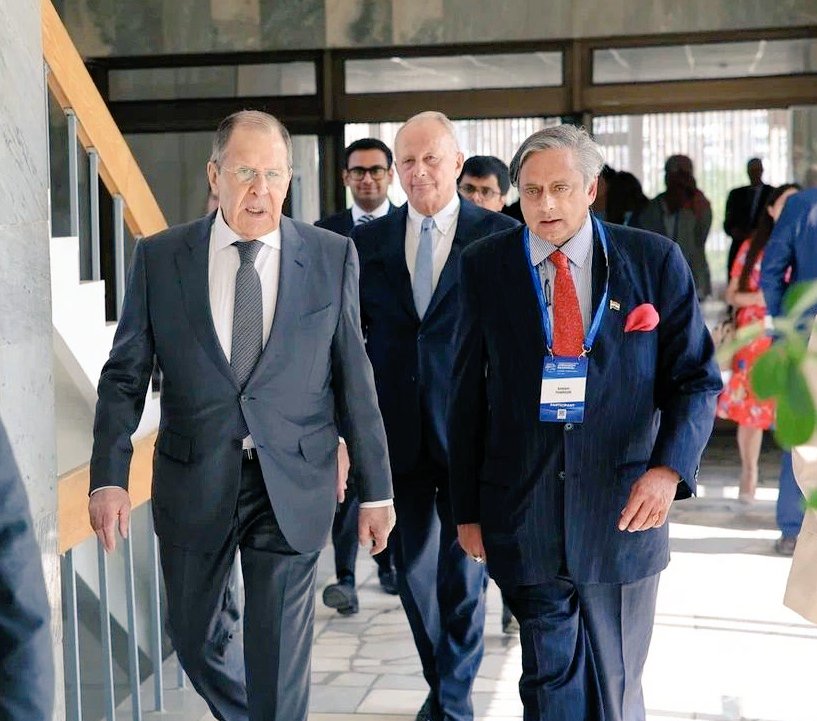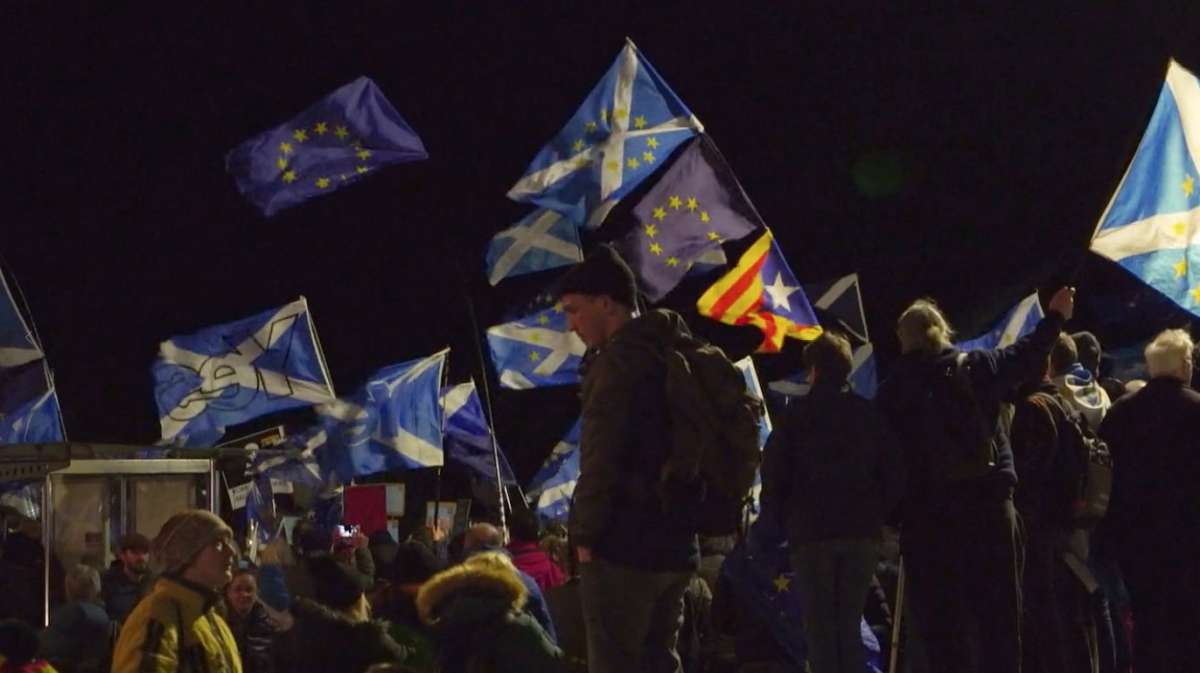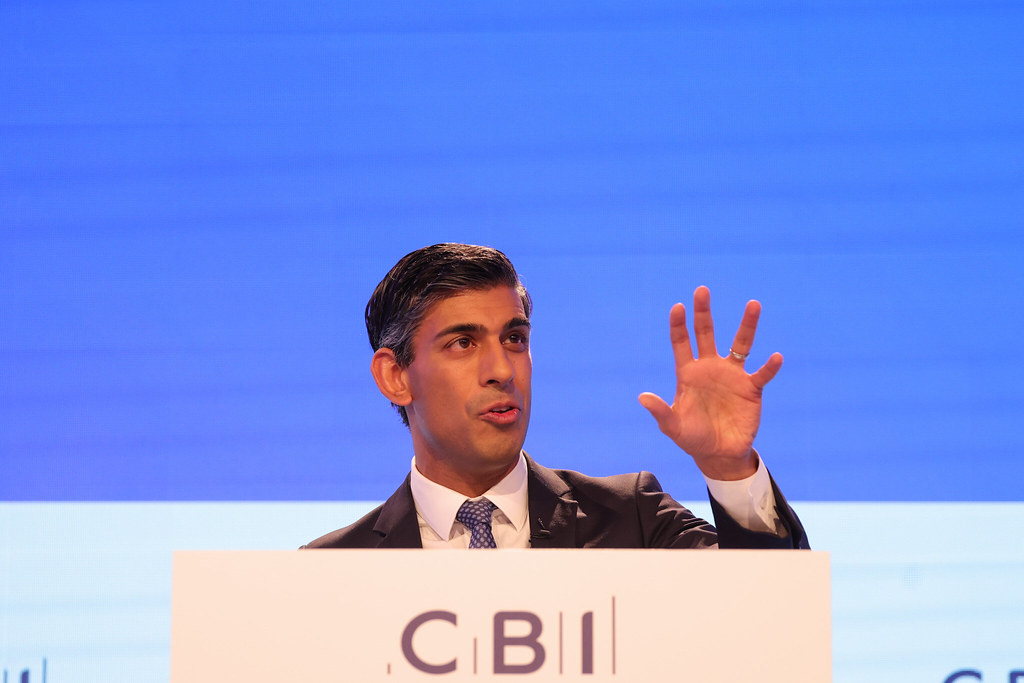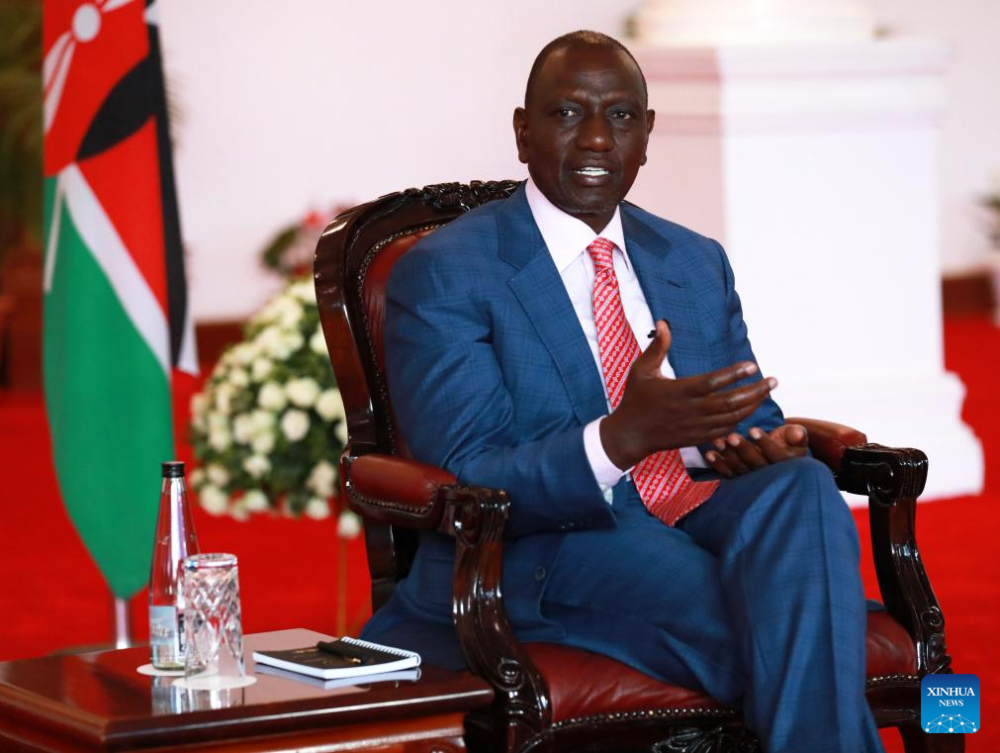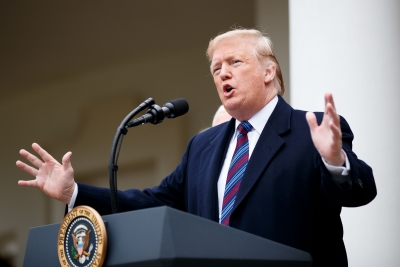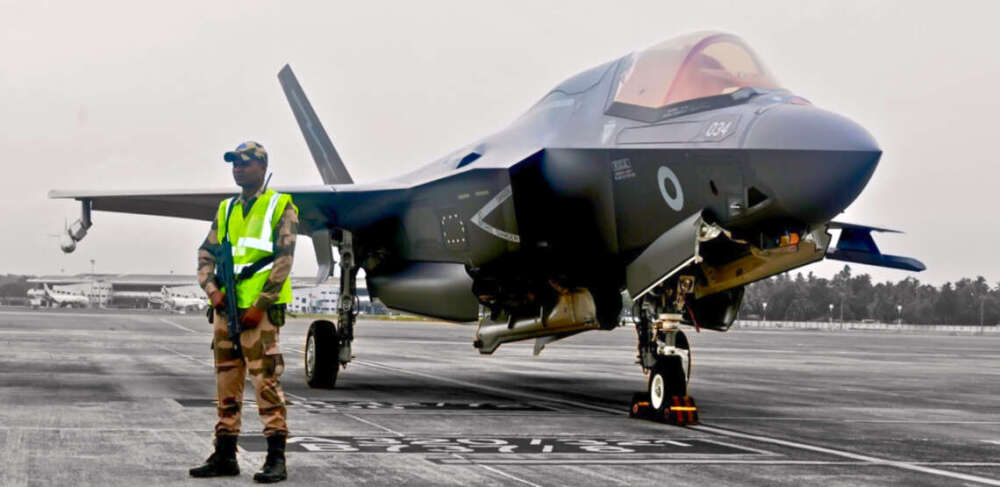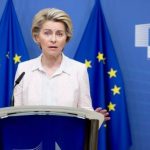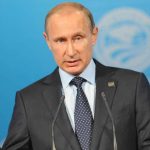The parliamentary assembly of the Council of Europe called last month on its 46 member states to declare Russia under its current government a terrorist regime…reports Asian Lite News
EU lawmakers on Wednesday declared Russia a “state sponsor” of terrorism in line with pleas from Ukrainian President Volodymyr Zelenskyy.
“The deliberate attacks and atrocities committed by Russian forces and their proxies against civilians in Ukraine, the destruction of civilian infrastructure and other serious violations of international and humanitarian law amount to acts of terror and constitute war crimes,” a press release from the European Parliament stated.
The designation is a largely symbolic condemnation of Russia’s actions in Ukraine and beyond. The US government has so far resisted the label for Russia, citing potential unintended consequences under its legal system.
That depends on the jurisdiction. In the United States, there is a specific legal instrument listing states that have “repeatedly provided support for acts of international terrorism.” At present, only Cuba, Iran, North Korea and Syria are on it.
Inclusion means restrictions on foreign aid, a ban on defense exports to such governments, controls on exports of technology with potential military use and financial constraints. Crucially, it also has implications for Russia’s sovereign immunity in US courts.
Canada also has a similar instrument condemning “state supporters of terrorism.”
By contrast, the European Union currently has no centralized list of “state sponsors of terrorism” and no equivalent tool, as the European Parliament motion for a resolution published last week acknowledged. In essence, there will be no hard and fast legal consequences. The European Parliament has limited clout in foreign policy, which remains under the control of the 27 member states.
A number of US legislators have pushed the Biden administration for such a listing, including Republican Senator Lindsey Graham. In a statement in September, Graham said lifting Russia’s immunity would allow “civil claims from the families of victims of its state-sponsored terrorism.”
But other US officials say the designation is not the best way to hold the Kremlin accountable. Listing Russia could undermine humanitarian initiatives, as well as the US’s ability to help Kyiv at the negotiation table down the line, President Joe Biden’s spokesperson, Karine Jean-Pierre, said last month. In the US, the designation has implications for third countries that interact with listed states.
So far, parliaments in several of Ukraine’s most ardent EU backers — Estonia, Latvia, Lithuania and Poland — have declared that they consider Russia under President Vladimir Putin to be a state sponsor of terrorism. These resolutions were nonbinding. The Kremlin has accused Latvian lawmakers of xenophobia. The lower house of the Czech Parliament has also made such a declaration.
The parliamentary assembly of the Council of Europe called last month on its 46 member states to declare Russia under its current government a terrorist regime.
Under US law, countries designated as state sponsors are accused of supporting international terrorism. For example the US accuses Iran of supporting “proxies and partner groups in Bahrain, Iraq, Lebanon, Syria, and Yemen, including Hezbollah and Hamas.”
Graham said Putin had “engaged in state-sponsored assassinations, the Wagner group supported by Russia terrorizes the world, and the war crimes being committed in Ukraine on a daily basis shock the conscious.”
The European Parliament resolution focused largely on Ukraine, but also mentioned the Wagner Group and Russian support for Syrian President Bashar al Assad, among other things. It also declared Russia a state that “uses means of terrorism,” according to a press release from the legislature.
Last year, the EU slapped sanctions on the Russia-based private military entity Wagner, which is linked to activity in Libya, Syria, Ukraine and the Central African Republic.


